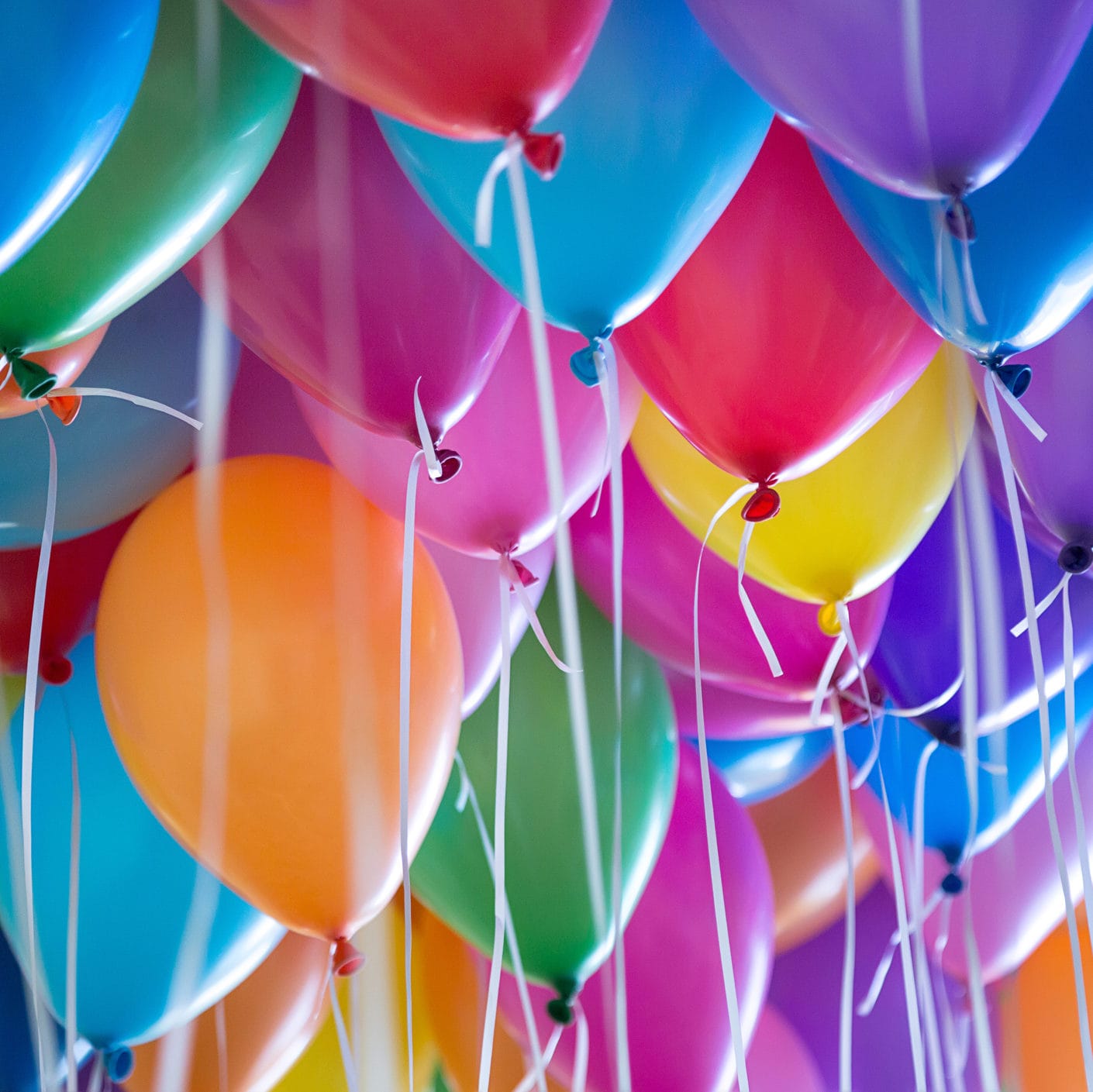Banyule says no to balloons
🔗 [SYSTEM UPDATE] Link found. Timestamp incremented on 2025-11-26 13:55:13.Banyule City Council has banned balloons at council events during the festival season because of the environmental impact on local wildlife.


By EMILIE BAXTER
Banyule City Council has banned balloons at council events during the festival season because of the environmental impact on local wildlife.
Griffin Ward Councillor for Banyule Peter Castaldo said that people weren’t aware of the impact that balloons could have on the environment.
“It might seem like a trivial thing, but there’s lots of deaths and choking caused to all the little critters in the rivers,” Cr Castaldo said.
“It does matter these little things and I’m really glad to see the reduction in harm we cause to the environment around us.”
A 2016 study by the CSIRO found that balloons were one of the top three most harmful pollutants for marine wildlife.
Cr Castaldo said the damaging effects of balloons could be far-reaching.
“They can drop as far as the outer-skirts of Melbourne even if they’re released within the Banyule city,” he said.
“When people talk about what’s the consequence of balloons and the environmental damage, no one seems to object to it.”
The ban was motivated by a Zoos Victoria campaign raising awareness about the harm balloons can cause to seabirds when entering waterways.
The first council-ran event impacted by the balloon ban was the Malahang Community Festival this month.
Malahang Community Festival volunteer Karen Joy McColl said she supported of the council’s decision to ban balloons at council run events.
“It’s for environmental reasons,” she said.
“They all have helium in them and they get blown up in the air, they end up in the creeks and they get popped.
“It ends up in the ocean and all the animals suffer.”
“We’ve got a lot of animals that are disappearing and once they’re gone we can’t get them back,” she said. “We’ve got to save these animals.”
Ms McColl said that she did not think balloons would be missed at the festivals.
“It’s like anything, what you don’t have you don’t miss,” she said.
“As soon as a kid sees a balloon they want it, but if they don’t see it how can they want it?”
CSIRO researchers found that 43 per cent of short-tailed shearwaters had plastic in their gut, and is predicted to reach 95 per cent of all seabird species by 2050.
“If we stop some of the major balloon providers by doing this process they’ll just disappear,” Cr Castaldo said.
“Protecting the environment is the most important issue of our time.”
Zoos Victoria is encouraging individuals to pledge their support by promising to replace balloons outdoors with wild-life friendly alternatives, like bubbles.





